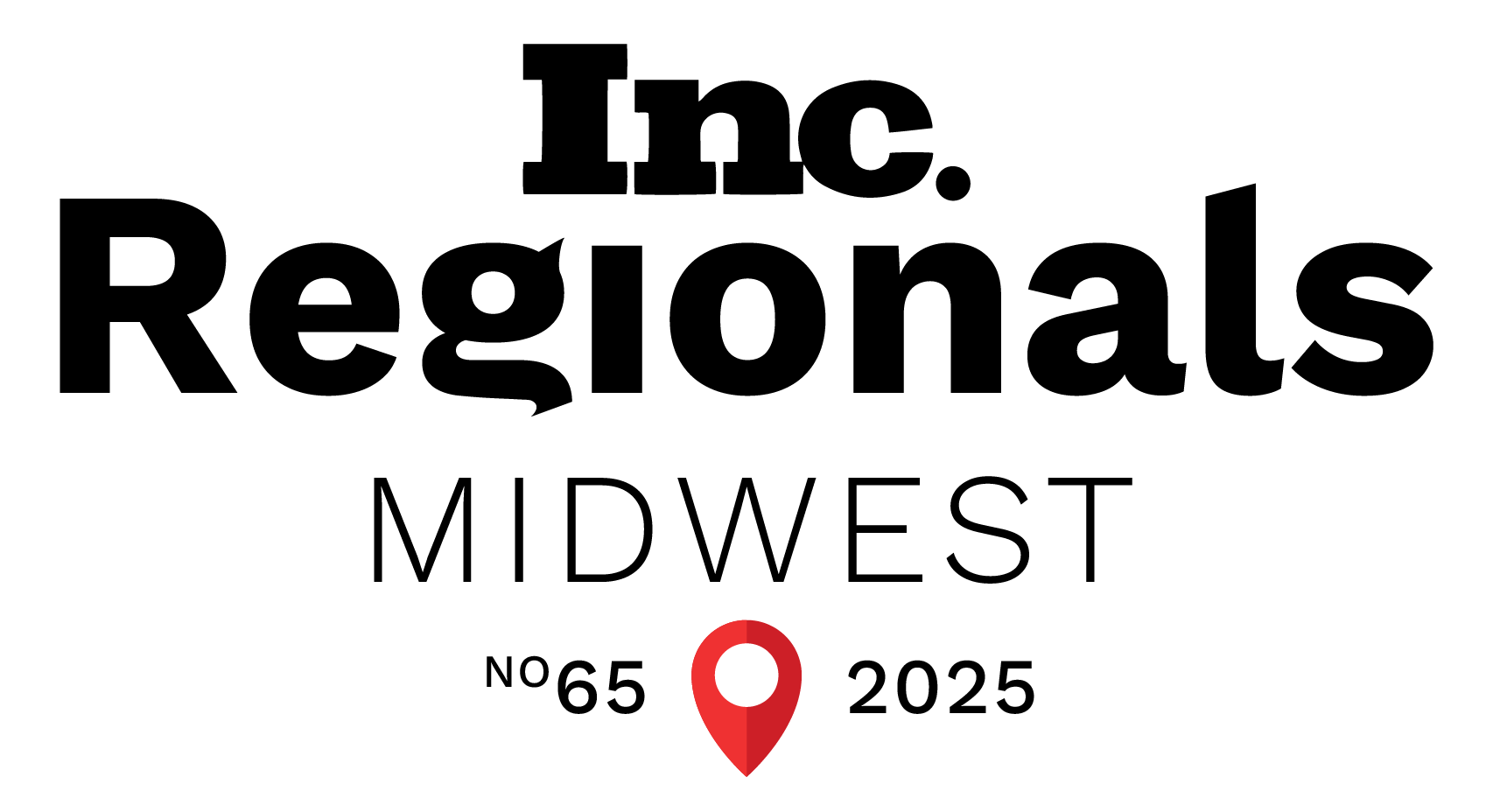6 Content Marketing Tips for Small Businesses

In This Article
As a small business, developing and implementing a digital marketing strategy can be a challenge for a myriad of reasons:
- A smaller budget and fewer resources means less time and money to pursue sufficient strategies
- Lacking points of data and analytics to reference from past marketing plans
- A smaller, potentially less experienced team
But these problems aren’t the end of the rope. Content marketing is one of the best marketing strategies for small businesses. It’s affordable and practical, and it can be done in-house. Even if your content strategy isn’t super intricate, you still need one in place. Businesses that have content marketing strategies are more successful than those that don’t, so consider it a necessity.
If you follow these tips, you’ll be more prepared to jumpstart your very own custom content marketing strategy.
1. Identify your audience.
Never just assume your online audience. Before you dive into any content marketing strategy, you have to find out how customers behave in the digital space by conducting market research. Where do they live on social media? Where are they already going to find new information? Those types of questions will help you narrow down a target demographic. The best way to learn from your audience is to be present where they are and give them content they actually want.
2. You’re an expert, so give your audience useful content.
Always, always, always avoid sales pitches in your content marketing strategies, and be honest. You can still boost brand awareness, establish credibility, and snag new customers with subtlety.
A much better (and more successful) approach is to publish content that is relevant, engages your customers, and offers value to your audience. Think about the types of questions they may be asking and how you can best provide a solution. What can you give them as a meaningful takeaway? This way, you’re establishing yourselves as leaders in the industry, ideally removing any doubt they might have about your expertise.
3. Take a look at your competitors’ content marketing strategies.
Best case scenario is that your competitors are doing nothing online. This gives you a better opportunity to dominate the space. If your competitors are active, however, pay attention to what’s working for them and what has holes. Go to the drawing board and figure out how you can fill those holes and trump their efforts.
4. Pay attention to both industry and content marketing trends.
Knowing your own industry’s content trends (e.g. what competitors are doing and how it’s working out) is just as important as knowing trends outside of your niche. Industry trends are most likely what’s currently popular to a select group of people. Conversely, general content trends are studied on a much larger scale.
For example, visual, video, and purpose-driven content are some of the top content marketing trends coming into 2017. If you integrate those trends with the trends in your industry, you’re more apt to produce quality, shareable content.
5. Publish content on a regular basis.
Publishing fresh content on a consistent basis is a concept that goes back to establishing credibility. When you’re the only ones writing about your expertise, you’re positioning yourselves as leaders in the industry. Even if you aren’t the only ones, you still look stronger than digitally-stagnant businesses.
Your steady content influences your SEO, too. Google isn’t a big fan of quiet sites. When you’re maintaining a blog, Google takes note of it—especially when your posts are relevant to your brand and enjoyable for your audience. Just remember: the more activity, the better.
6. Create an editorial calendar.
Editorial calendars exist for organization, brainstorming, strategizing, tracking, and data collecting. You have to be able to track the topics you’re writing about, the frequency of your posts, due dates, keywords, and so on. When you’re developing content on a weekly basis, you’ll find that a calendar is a huge timesaver and a guiding light to further content strategies.
All in all, your small business doesn’t have to tank just because your budget is tight. When the funds are available, it’s always a good idea to consult a digital marketing agency to see what your options are. Content marketing services can help you develop a strategy that maximizes your reach and engagement. Content marketing teams can do intricate keyword and competitor research, integrate on-page optimization, conduct content audits throughout your site, and provide a ton of other beneficial services. Plus, all the work you did starting your own content marketing efforts will be of monumental help to a marketing team.
Must-read articles
Looking for something else?
There's so much more
Ready to Inquire?














